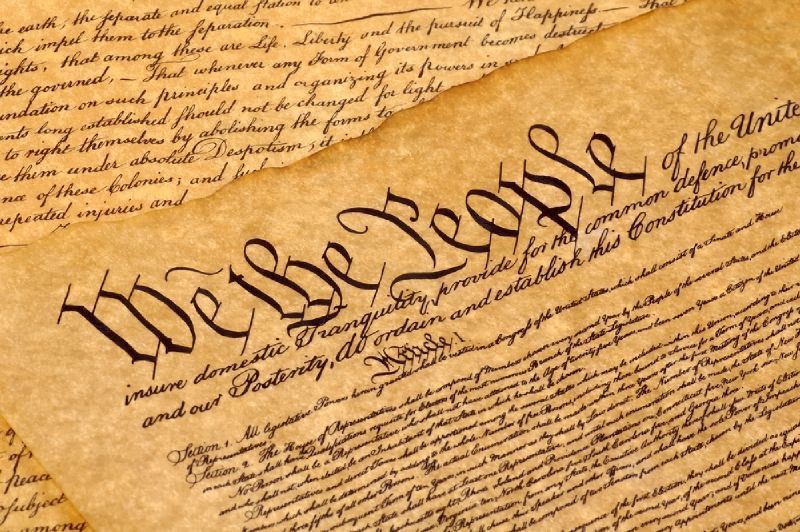The US Constitution protects citizens from many evils of a tyrannical government. It sets up the government in a way that our founding fathers saw as just and balanced. Throughout the 300+ year history of our country, the Constitution has served as the backbone of our nation’s society.
This document sets forth many things and some of the rights that we’ve come to appreciate can be divided between positive and negative rights. Positive rights are those rights that give you something. The right to bear arms for example protects people’s rights to bear arms. A negative right limits the government from doing something. It is a negative right because it prevents.
This is where the 4th Amendment comes into play. The 4th amendment is one sentence long so we’ll put it here for all to see.
The right of the people to be secure in their persons, houses, papers, and effects, against unreasonable searches and seizures, shall not be violated, and no Warrants shall issue, but upon probable cause, supported by Oath or affirmation, and particularly describing the place to be searched, and the persons or things to be seized.
What are your 4th Amendment rights?
The 4th Amendment prevents those in power (the government, police, the state, etc) from searching your house, or person unless there is a warrant. They can’t get a warrant for arrest or search unless it’s reasonable, and it would be unreasonable to do any of this without probable cause.
What happens if these rights are violated? Well, the Supreme Court created what is known as The Exclusionary Rule for matters like these. Essentially, if the police search or seize you without a warrant or without reasonable cause then whatever evidence is found can be excluded from your trial. And, if that sounds like it’s a big deal it’s because it is.
What about your cell phone?
In general, the police cannot search you, your phone, your property, etc. without probable cause or a warrant both based on reasonable expectations. But, let’s go over some exceptions. What happens if on someone else’s phone there is incriminating evidence of you? Well generally in this case the police can use that evidence against you even if they could not use any evidence against that other person.
Another scenario: although this is subject to change based on court rulings, for the time being, the Supreme Court cannot make you give up your password (even the police can take your phone away from you).
Talk to a lawyer.
We hope this article was as informative as it was eye-opening. Eye-opening to the fact that the law, the courts, rulings, rights, etc, etc, are all complicated! Let a legal professional handle creating legal solutions for your problems. Shaun Kent has years of experience in South Carolina. He’s worked on hundreds of criminal charges and has a track record of excellence. If you’re facing any legal issues contact our firm today.


